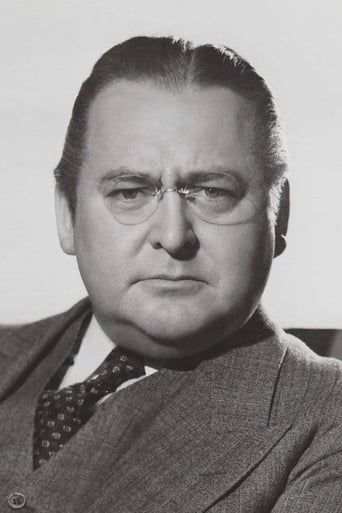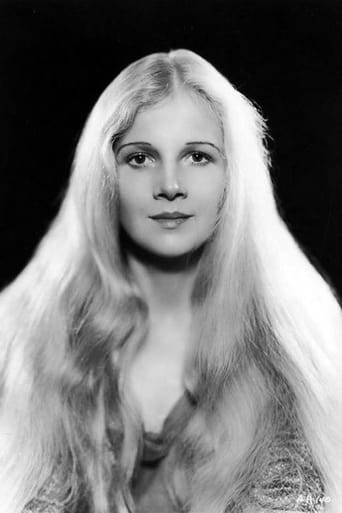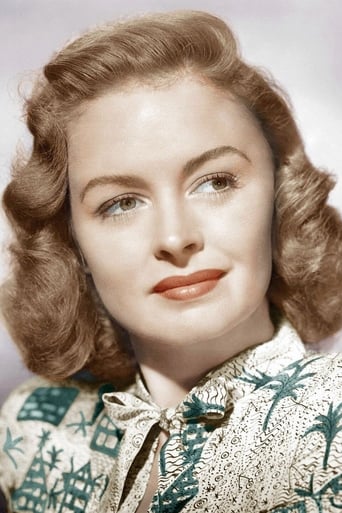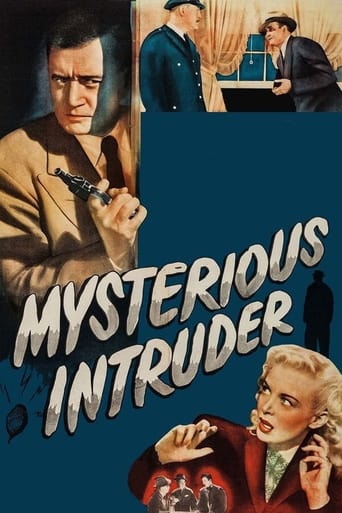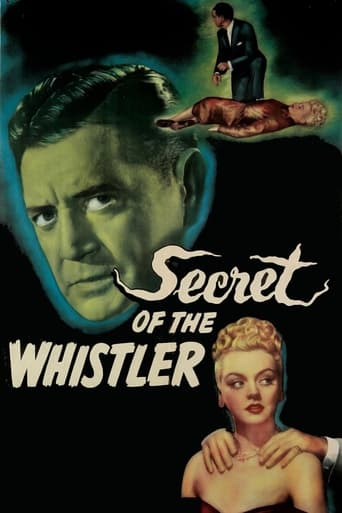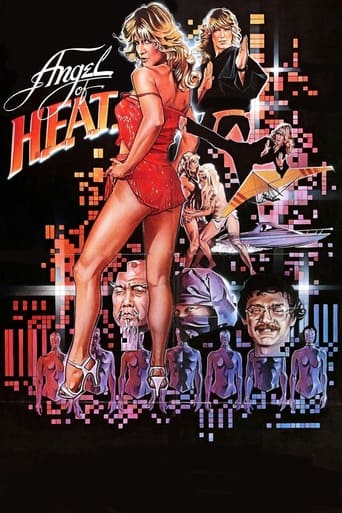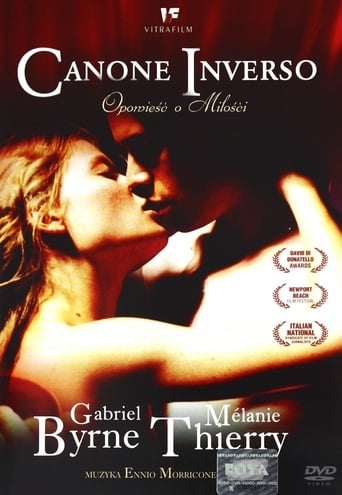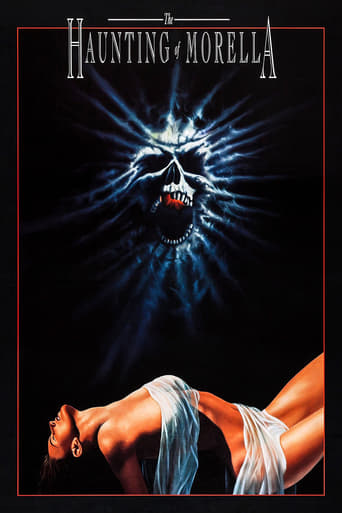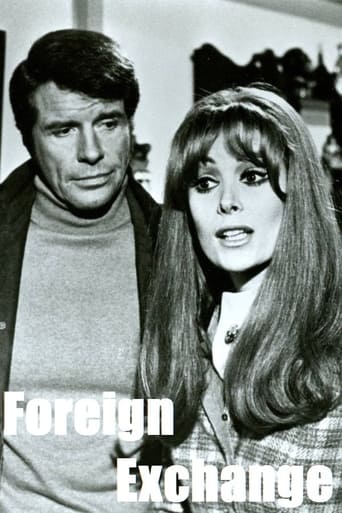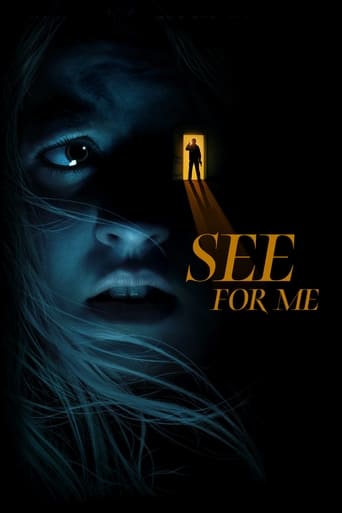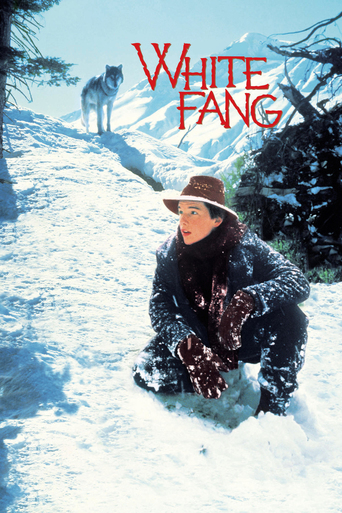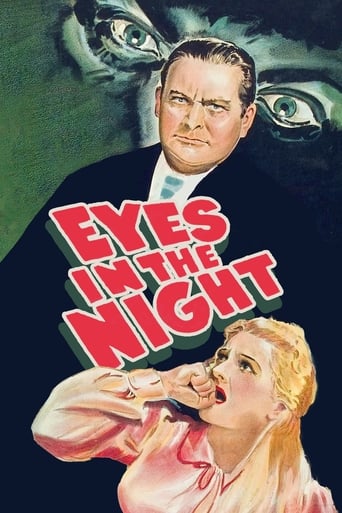
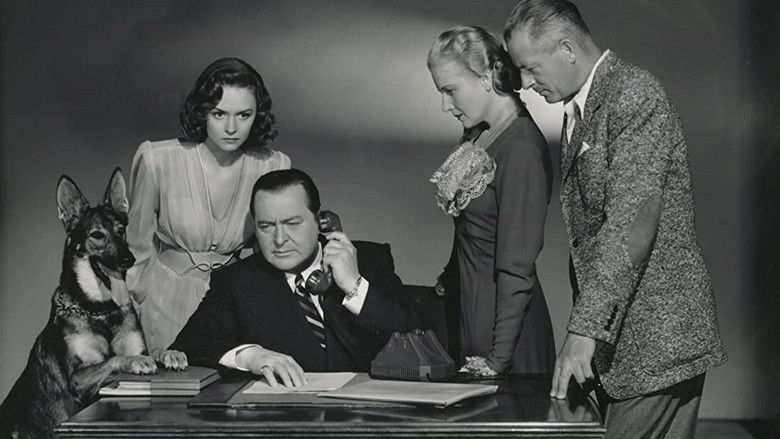
Eyes in the Night (1942)
Blind detective Duncan Maclain gets mixed up with enemy agents and murder when he tries to help an old friend with a rebellious stepdaughter.
Watch Trailer
Cast
Similar titles
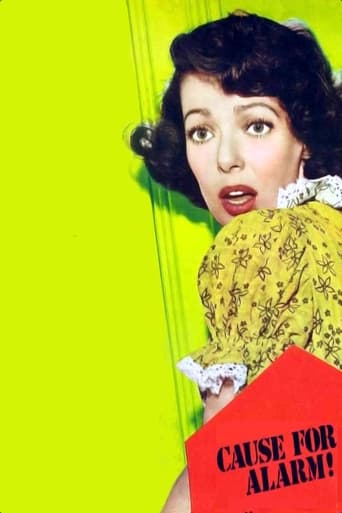
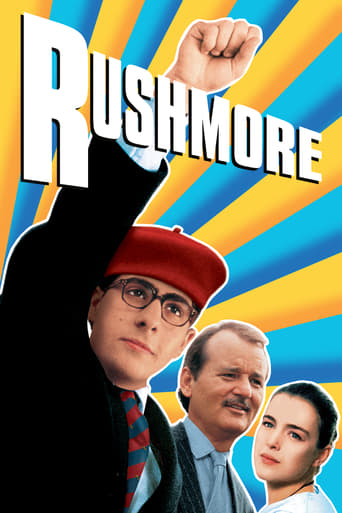
Reviews
Crappy film
Bad Acting and worse Bad Screenplay
It's the kind of movie you'll want to see a second time with someone who hasn't seen it yet, to remember what it was like to watch it for the first time.
By the time the dramatic fireworks start popping off, each one feels earned.
One of the many things I love about TCM is that it shows the big studio programmers that gave their character actors and up and coming stars a chance to shine.You can always depend on Edward Arnold giving a good performance-- including all the crooked politicians and irascible millionaires that were his bread and butter. But here he sinks his teeth into the role of a blind detective who is aided by a wonder of a seeing eye dog. Arnold is funny, clever, and charming throughout.The mystery, as many viewers note, is solved in Act Two. The film is mainly concerned with putting detective Duncan Maclain in a jam and seeing how he gets out of it and captures a Nazi spy ring.The cast is excellent and includes Anne Harding, Reginald Denny, Mantan Mooreland, and Friday the German Shepherd. Oops-- I almost forgot Donna Reed playing against type as a poisonous debutante! Arnold only made two of the Duncan Maclain films. Too bad-- I could happily sit through several more.
This is by far Edward Arnold's finest role. He puts away his usual gruff attitude and plays a blind detective who gets involved with his friend's new husband, a scientist. Unknown to all, the people working around them in the house and his daughter's dramatic coach are all apart of a Nazi spy ring seeking out certain information that the scientist has.It's an absolute joy to watch Arnold thwart the spies. Ann Harding is also very good as the scientist's wife. She is embroiled in a bitter dispute with her step-daughter. (Donna Reed) Seems that the 17 year old, played by Miss Reed, has a new beau, who was the former love interest of Harding. When he turns up dead, she suspects Harding and orders her out of the house. Go know that the boyfriend was in with the gang of spies.Friday, Arnold's dog, steals the movie with his scenes of bravery and intelligence.A very well-rounded movie, exciting, tense and provocative.
Eyes in the Night is directed by Fred Zinnemann and adapted to screenplay by Guy Trosper and Howard Emett Rogers from Baynard Kendrick's novel The Odor of Violets. It stars Edward Arnold, Ann Harding, Donna Reed, Stephen McNally, Katherine Emery, Allen Jenkins, Stanley Ridges and Friday the dog. Photography is shared between Robert Planck and Charles Lawton and the music is scored by Lennie Hayton. Plot finds Arnold as blind detective Duncan Maclain, also a judo expert, he is always accompanied by his intelligent seeing-eye dog, Friday. Maclain is called on to a murder case for his friend, Norma Lawry (Harding), but the body is missing and there appears to be something very sinister going on at the Lawry family home.A cracking little thriller boosted by a top cast (Donna Reed playing a bitch step-daughter!) and moody photography. What it lacks in simplicity of plot it more than makes up for in terms of execution and tone, with the added "gimmick" of the detective being blind further enhancing the effectiveness of the picture. In fact, that Arnold is so good, and his dog so brilliant (seriously, this is one great dog), it marks this out as ingenious considering the limits of the Wartime story. Zinnemann knits it together skillfully, never letting the pace sag or the tension drop, while there's some great scenes dotted throughout: such as one filmed in total darkness, lit up intermittently by the flash of pistol fire. With the film 99% set at night of in darkened rooms, this lets Planck (The Canterville Ghost/Moonfleet) & Lawton (3:10 To Yuma/The Tall T) dally in atmospheric shadows and murky low lights.Clocking in at a slim 80 minutes with never a dull moment, Eyes in the Night is one of the more enjoyable film's of its type. Deserves a bigger audience. 7.5/10
Fred Zinnemann's early directorial career yielded many interesting films and this is one of them. Here Zinnemann directs the young Donna Reed (who plays a character who is appallingly arrogant, spoilt and pig-headed, very convincingly), and eleven years later in 'From Here to Eternity' (1953), he would turn to her again for a part where she would win the Oscar for Best Supporting Actress. The main character in the film is a blind detective, Duncan Maclain, played to perfection by Edward Arnold. He has a seeing-eye dog, Friday, who responds to the most complex commands, opens doors by turning the door handles with his teeth, leaps out of basements through high windows, and does many impossible things. Dog lovers will be fascinated by this film. There are some hilarious scenes between the dog and Arnold's butler, played by Mantan Moreland, where the butler is constantly having his job taken away from him by the dog (Friday fetches his master's slippers before the butler can reach the closet, etc.) The haunted looks of Ann Harding are good for her part, her eyes dreamy and distant, her complexion pale, all good mystery stuff. There is an eerie chill cast by the excellent performance of Katherine Emery, with strong lesbian implications as she looks at Donna Reed in 'a certain way'. The scenes where Edward Arnold searches for clues in the dark, because being blind he does not need light, are highly effective. As an early wartime thriller with a certain relevance to the dangers of 'the enemy', this film avoids being hackneyed and is fresh and stands on its own, transcending any propaganda aspects. What less would be expect from Fred Zinnemann?
